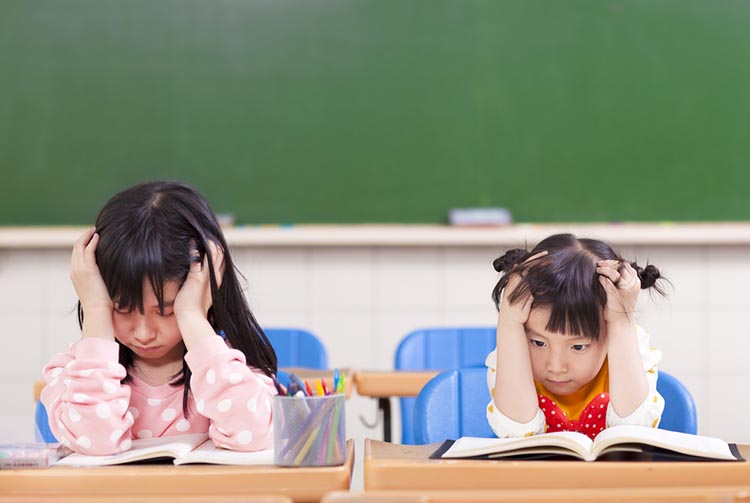
The superintendent of San Antonio ISD writes that exams are more crucial than ever to target supports and help students gain lost ground.
From K-12 Dive
By Pedro Martinez
June 8, 2021
Families across the country are worried about the education their children have missed during the pandemic and how it will affect their futures. Parents and caregivers want to know if their kids are learning what they need to right now and whether they will be ready for the next grade. Those with students in high school wonder if their teens will graduate prepared for the rigors of college and a career.
These concerns are justified: One study indicated that, on average, students are “likely to lose five to nine months of learning by the end of this school year.” The loss is expected to be even more significant for our most vulnerable kids; research shows that “[w]hile all students are suffering, those who came into the pandemic with the fewest academic opportunities are on track to exit with the greatest learning loss.”
We cannot allow this to happen. It’s more important than ever for families, educators and leaders to understand what children have and have not learned, so we can figure out the best ways to help kids catch up and then move ahead. The school system I lead, San Antonio Independent School District, is giving end-of-year tests, and all systems should do the same.
As states did not hold tests last year after the U.S. Department of Education issued a blanket waiver due to the extraordinary circumstances at the start of the pandemic, it has now been two years since we last had a formal assessment of how children are doing in school. We urgently need that now.
Tests can give us a picture of what children have mastered during the pandemic and the areas where they need extra help, whether that help takes the form of summer school, one-on-one or small-group tutoring, or other acceleration opportunities. If we don’t help students catch up, the learning losses will only compound over time.
Though homework and quizzes can give us some information on how an individual child is doing, these tasks don’t help us determine how children in one classroom, school or district are performing in relation to their peers. That makes it difficult or impossible to identify the best teachers and practices and to give those educators opportunities to serve as mentors and instructional leaders. It has never been more important to elevate the work of our strongest teachers who can help students recover.
In San Antonio, we recently launched an initiative in which master teachers will work with the students who have the greatest needs. And just as we must leverage the talent and skills of our best teachers, we must give others the chance to grow in their craft — test results can help us figure out which members of the team would benefit from targeted professional development. Tests can also show us which schools require additional resources and support to get students up to grade level and beyond.
Families and communities deserve this information: They have a right to know how well school districts are educating their children and what we are doing for those who are struggling.
As much as we need tests now — and we absolutely do — we must also seize this moment to improve assessments. Current tests tell us how kids are doing in reading, math and science, but they do not give a full picture of whether students are on track to thrive as adults. As Chiefs for Change has explained, new and better assessments should be tied to the content kids use in the classroom, giving them the opportunity to demonstrate their knowledge of the actual texts and concepts they have studied.
Measures of school performance should also include indicators of early childhood learning, the results of school climate surveys, and data on where graduates go and how they do after high school. An unprecedented infusion of federal COVID relief aid for schools presents an important opportunity to redesign assessments in ways that can help ensure students acquire the knowledge and a broad set of skills they need for today’s world.
COVID-19 is taking an undeniable toll on children. If we are to help them recover, we have to know where they are. Without assessments, students may not get the support they need and gaps could go unaddressed, creating long-term consequences for an entire generation and exacerbating the serious inequities that already exist. Schools must provide assessments — and we must all work to make them even more useful going forward.
Photo: Tots 100
Read this and other stories at K-12 Dive

